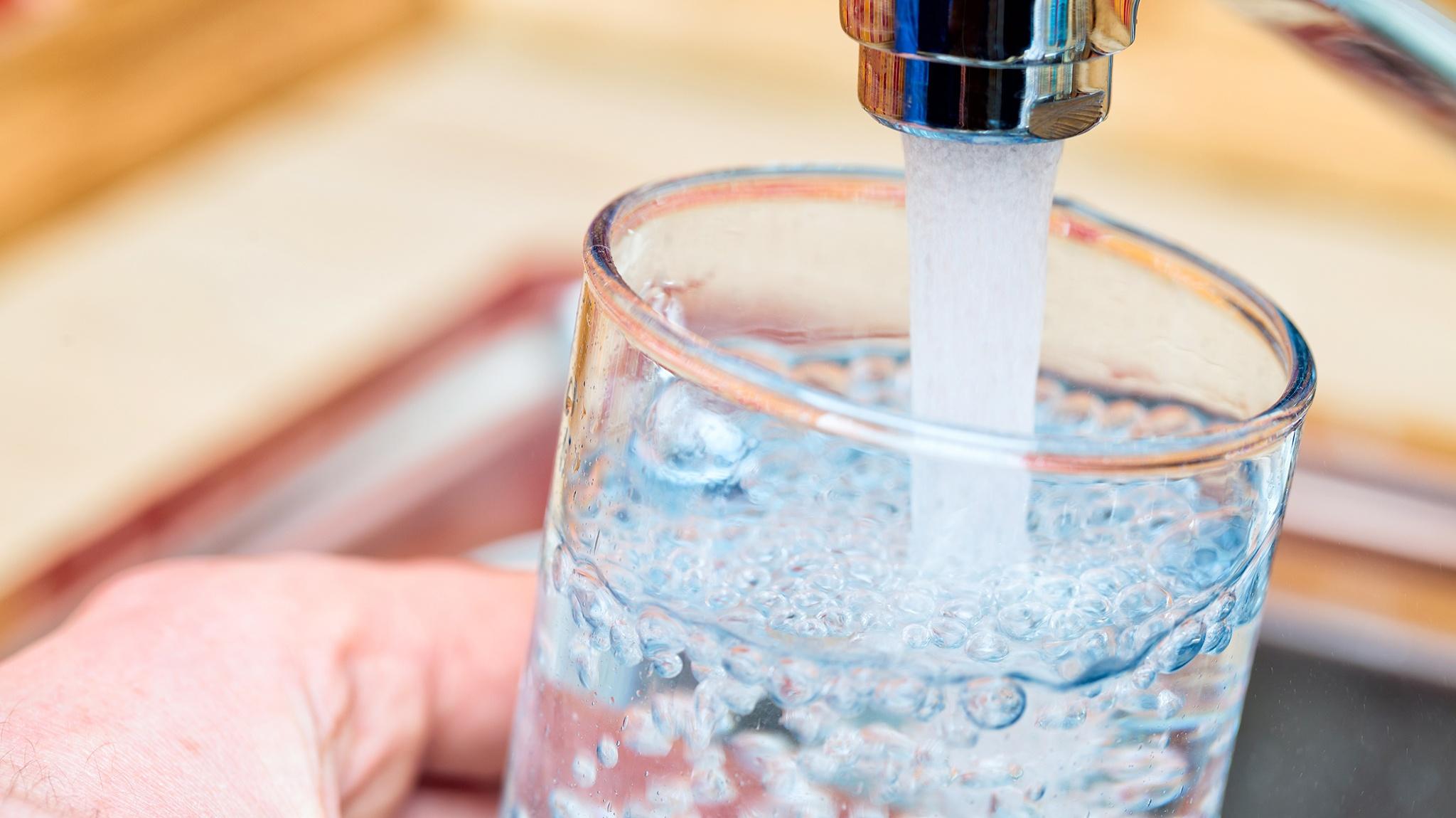Officials at two Mississippi universities are working to raise awareness about a federal grant program to test lead in water at schools and daycare centers.
Two universities working to encourage schools and more daycares to test water for lead


Officials at two Mississippi universities are working to raise awareness about a federal grant program to test lead in water at schools and daycare centers.

LISTEN HERE
The Environmental Protection Agency is working with communities to improve water quality. The EPA reports lead in drinking water can cause behavior, learning problems, anemia, hearing issues and slow growth in children. Stephanie Otts is with the University of Mississippi’s Sea Grant Law Center. They’re partnering with Mississippi State University Extension Service to conduct the study. She says there isn’t a federal law that requires testing water for lead at schools and daycare facilities. Her focus is on reaching out to schools and daycare centers in the Delta area.
“This has been something that advocates have raised for a long time as an important gap. I mean obviously if you’re worried about childhood exposures not knowing what lead levels there might be in schools where children spend a significant amount of their time is a concern,” Otts said.
Lead leaches into water through corroding plumbing materials such as pipes and faucets. Ott says no levels of lead is safe for children. And in adults, the EPA reports lead can cause high blood pressure, decreased kidney function and reproductive problems in men and women.
Testing for lead in water at schools and daycare centers statewide is part of a federally funded program by the EPA called Sip and Safe.
Jason Barrett is an associate professor with MSU extension service and is heading up the effort. He’d like to see schools participate, which has happened yet. Barrett thinks some facilities including daycare centers are concerned about what may be discovered.
“We can give systems some action items to help, so trying to give them some comfort ‘hey just because we come test that doesn’t mean there’s going to next step that costs you a bunch of money or next step you’re going to have issues with a regulatory agency,’” Barrett said.
Stephanie Otts says some states have laws to test for lead but Mississippi doesn’t. She says they check all the water fixtures and sometimes only one will have lead in the water. She says they have tested about 20 daycare centers and found at least 5 with increased lead levels. Otts says they’re doing follow-up testing and will advise them on ways to address the problems.
Both Otts and Jason Barrett say it's important to raise awareness about testing water for lead to keep children and adults safe in these settings.